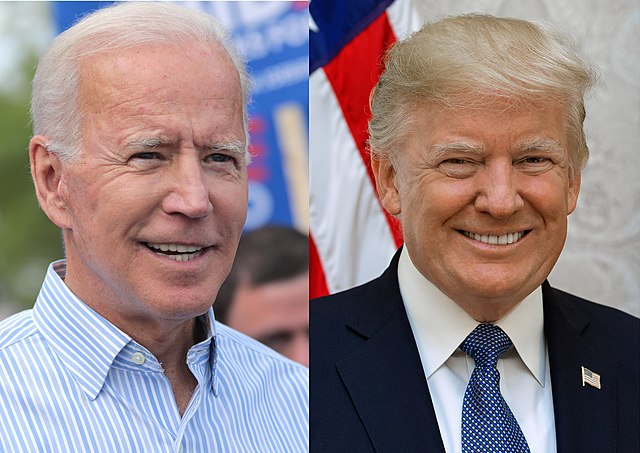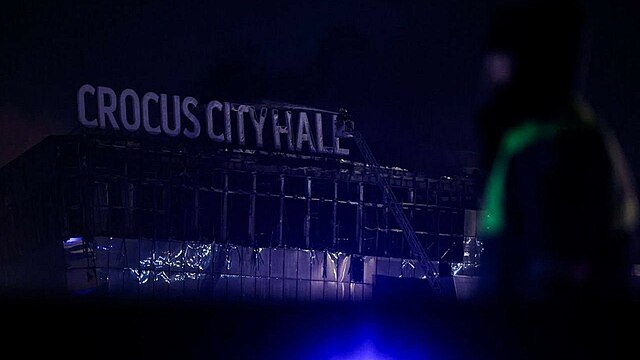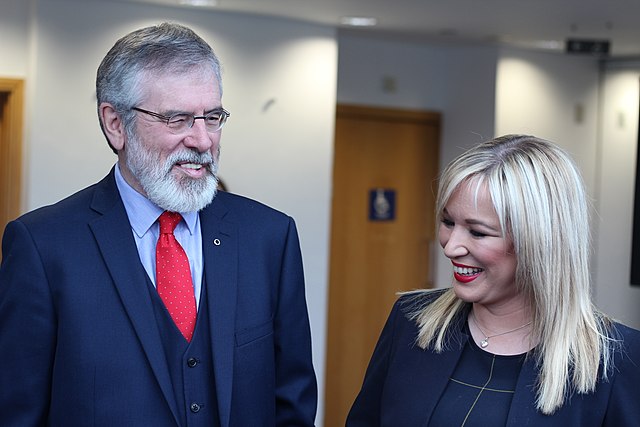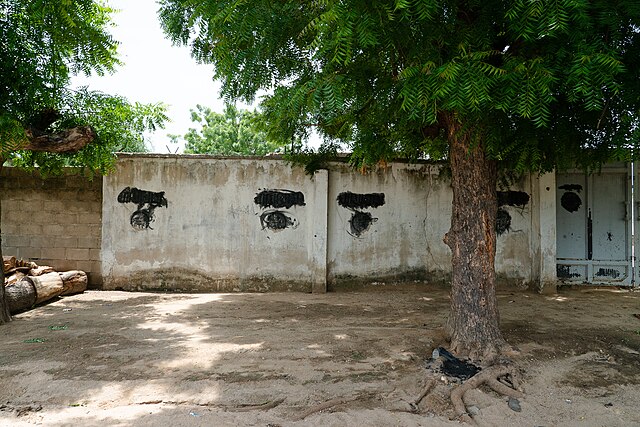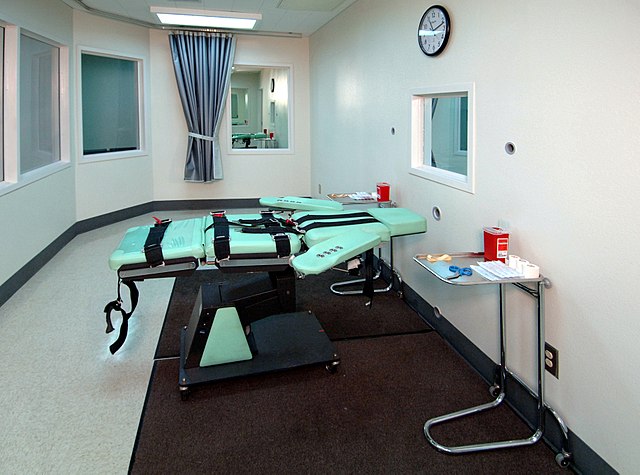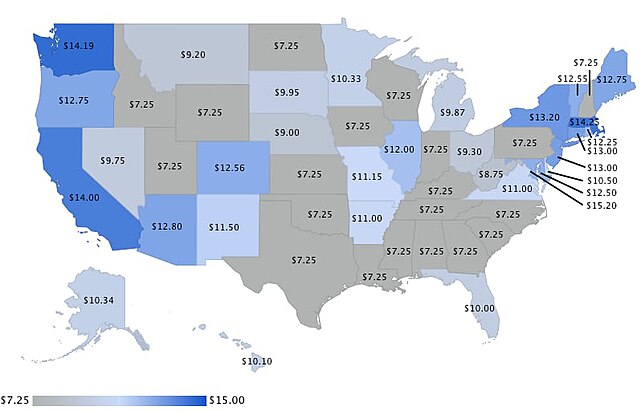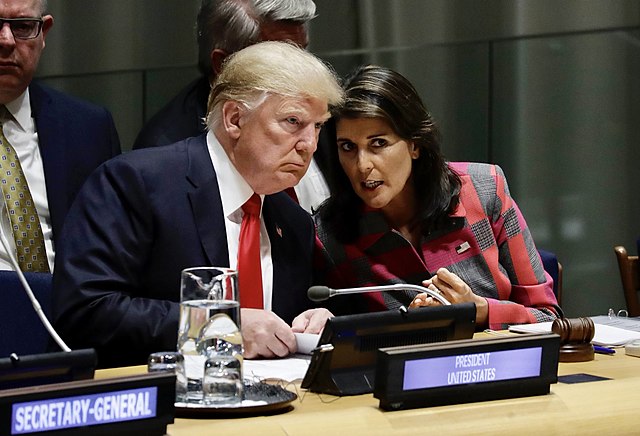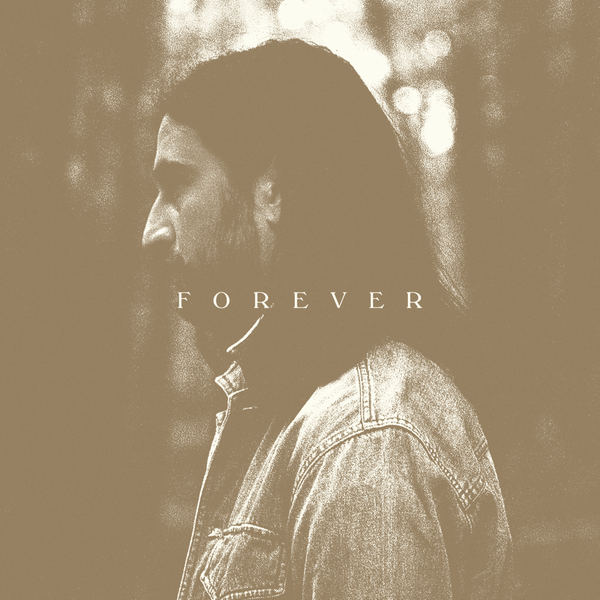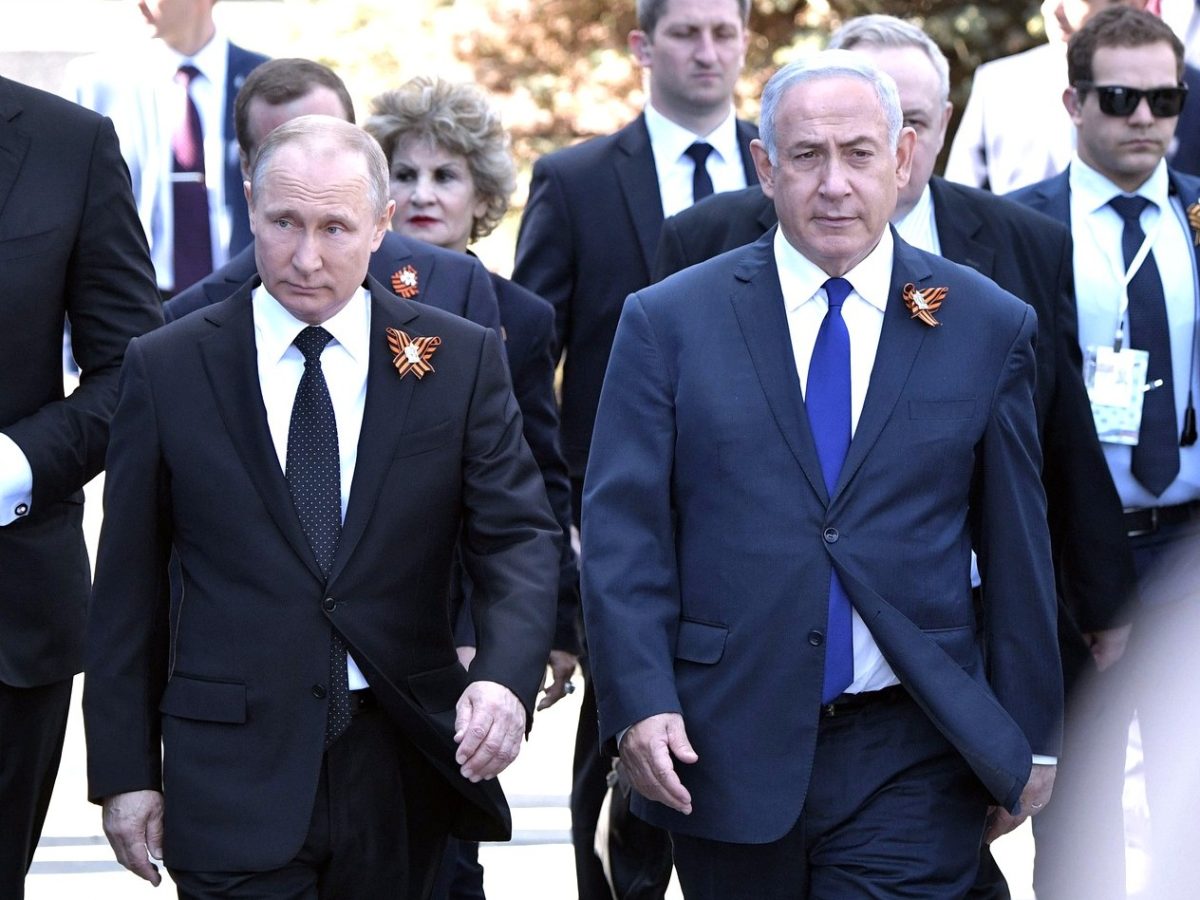Does free speech kill? At Williams College in Massachusetts, students seem to think so.
In 2019, students responded to a faculty member’s petition to adopt academic standards for free expression published by the University of Chicago (The Chicago Principles) by storming a meeting holding signs with slogans such as “Free Speech Harms” and yelling that the faculty was trying to “kill them.” The College did not adopt the principles due to the backlash and instead adopted speaker guidelines.
No opinion worth discussing in an academic environment is worth restricting, and simply speaking words cannot physically hurt a person.
Unfortunately, censorship is a common theme in institutions of higher education all around the US. At the University of New Mexico, students disrupted a speech by Fox News commentator Tomi Lohren. Rioters smashed through the windows of the venue, and Lohren had to be escorted out by police. Judge Kyle Duncan’s speech was drowned out at Stanford University. Princeton University professor Robert George was shouted down at Washington College while giving a speech about free speech.
There are innumerable examples of similar incidents. At the University of Albany, writer and blogger Ian Haworth was shouted down while speaking about free speech. According to the Heterodox Academy, “nearly two-thirds of students are reluctant to share their views in class, fear peer retribution for heterodox views, and worry that their perspectives will be labeled ‘offensive’ by other members of the community.”
However, universities are taking action to protect free speech. In 2014, the University of Chicago adopted what has come to be known as the Chicago Principles. This statement says that it is “not the proper role of the University to attempt to shield individuals from ideas and opinions they find unwelcome, disagreeable, or even deeply offensive.”
Dozens of schools have adopted this statement and used it as guidance when speech is contested on campus, including a small liberal arts college and place of interest of many CCES students, Washington and Lee University (W&L).
This past year, over 600 students and faculty members signed a petition to restrict conservative commentator Matt Walsh from speaking at W&L. He had to reschedule his event due to death threats related to another event, but he came and spoke in September at an event hosted by the W&L College Republicans.
In response to the petition, President William Dudley published a statement upholding the university’s commitment to respectful, civil discourse and the Chicago Principles, a move that would set the University apart from other schools. Walsh’s speech ran smoothly, and civil discourse was achieved between him and students asking questions.
Free Speech and Anti-Semitism on College Campuses
However, the Chicago Principles do not suggest that schools support threats or other speech not protected by the First Amendment. It states: “The freedom to debate and discuss the merits of competing ideas does not, of course, mean that individuals may say whatever they wish, wherever they wish. The University may restrict expression that violates the law, that falsely defames a specific individual, that constitutes a genuine threat or harassment, that unjustifiably invades substantial privacy or confidentiality interests, or that is otherwise directly incompatible with the functioning of the University.”
Since Hamas’ terrorist attack on Israel and Israel’s subsequent military action in the Gaza Strip against the terrorist group, free speech issues on college campuses have taken a different turn. Instead of civil discussion and debate on the controversial events in the Middle East, antisemitism has ensued.
For example, on October 25th, a group of Jewish students were studying in a library at Cooper Union in New York City when pro-Palestine protestors stormed the library, banging on the locked doors and chanting, “free Palestine” and, according to the National Review, “globalize the intifada [Palestinian armed offensive] from New York to Gaza.” The Jewish students were, thankfully, led safely out through tunnels by campus security. The students were also told by librarians they could “hide in the attic if they wanted to” according to the main eyewitness, making many think of Holocaust victim Anne Frank, a Jew who hid from the Nazis with her family in an attic during WW2.
Free speech is essential. However, as the Supreme Court and the Chicago Statement have established, there are limitations. Threats are not protected. The right to protest is protected under the First Amendment, but that right does not extend to threatening the livelihood of a group of people, especially one specific racial and/or religious group. The phrase “clear and present danger” from Schenck v. U.S. is often used. If students are forced to hide from protestors, there is a clear and present danger that has been created.
Furthermore, one group’s abuse of their right to expression takes away from the opposing group’s right to speak at all. The opportunity for civil discourse is lost in rage and extremity, continuing the trend of shout-downs on these campuses.
In an open letter to Harvard leadership, five high-profile graduates, including Utah Senator Mitt Romney, condemned the violence that has occurred on the Ivy League school’s campus. They cited a video that shows a Jewish student mobbed by protestors, as well as instances of Jewish students hiding in dorms and other rooms. The letter called for all students and faculty to be held accountable for their actions under Harvard’s code of conduct and that “Free speech is to be respected but hatred, threats, and violence against students and faculty are unequivocally prohibited.”
Even before the recent protests, Harvard was ranked dead last in the Foundation for Individual Rights and Expression’s (FIRE) free speech on campus rankings, with an overall score of zero and an “abysmal” speech climate.
The student group involved in the Harvard protests, the Palestine Solidarity Committee, has been criticized for stating that Israel is “entirely responsible for all unfolding violence.” The group later responded to criticisms, rejecting the idea that it is blaming Israel, but still faces harsh criticisms for its positions on the war.
The manner of expressing any opinion must be one in which both sides are mutually respected and the debate is civil. Protests that become violent and threaten the livelihood of the other side are not civil discourse. These protests take away the freedom of speech (and physical safety) of the opposition.
The issue of free speech on campus is complex. Academic institutions should be places where civil discourse is an integral part of daily studies, and all ideas and opinions can be shared and debated respectfully. While freedom of speech should be essential, students at academic institutions should also be held to a high standard of respect and maturity when voicing their opinions.
Without civility in debate, how is it possible to pursue truth and address difficult questions as a country and society? If we cannot respect the opinions on the other side of the aisle with open minds, there is no possibility of learning and compromise.
And as George Washington once said, “If the freedom of speech is taken away then dumb and silent we may be led, like sheep to the slaughter.”




